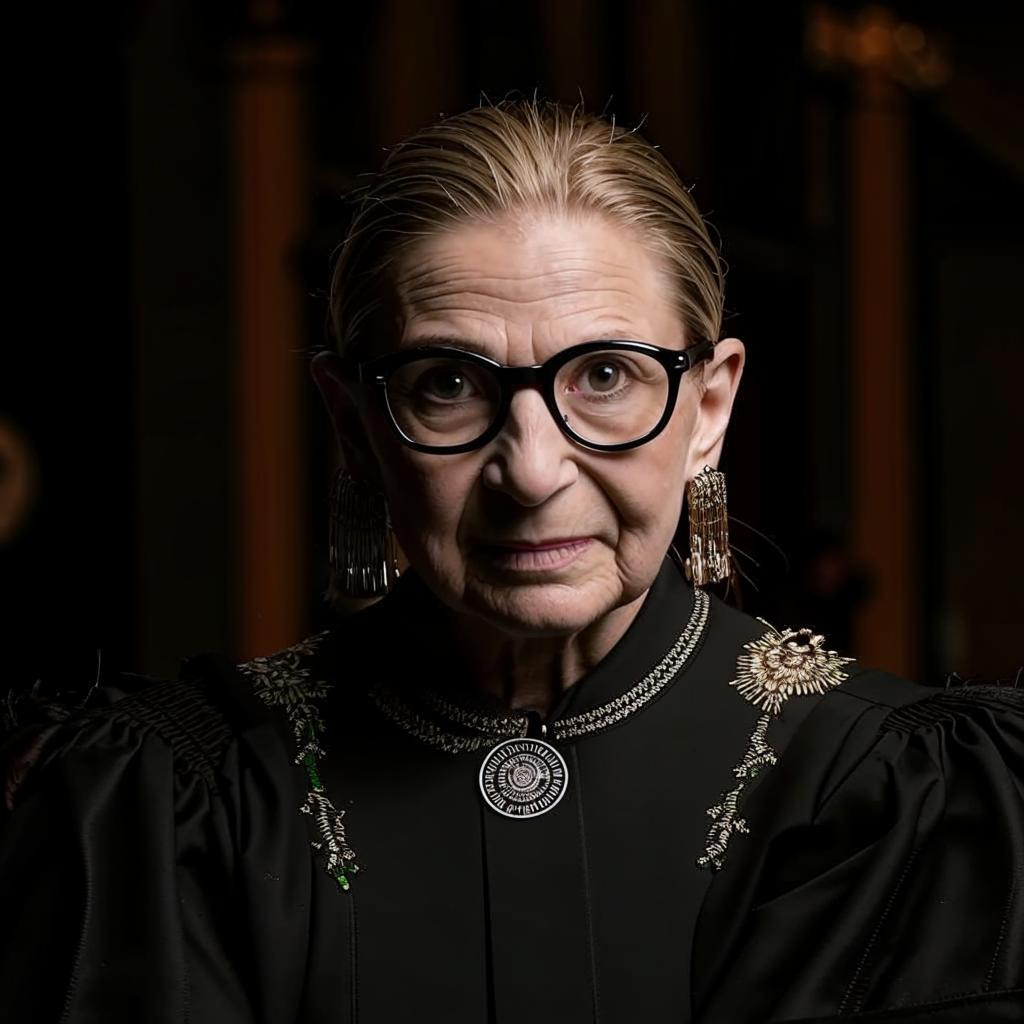Justice Ruth Bader Ginsburg’s death in September 2020 sparked a heated political battle over her Supreme Court seat. Days before she passed away, as her strength waned, Ginsburg dictated a statement to her granddaughter, Clara Spera. This statement became a focal point in the ensuing political turmoil.
Ginsburg’s final wish was simple but powerful: “My most fervent wish is that I will not be replaced until a new president is installed.” This declaration underscored her deep concern about the ideological balance of the Supreme Court and her desire to ensure that the appointment of her successor would be made by a president chosen by the people in a free and fair election.
The circumstances surrounding Ginsburg’s death and her expressed wish ignited a firestorm. Republicans, then in control of the Senate and the presidency, faced immense pressure from Democrats and the public to honor Ginsburg’s request. However, Senate Majority Leader Mitch McConnell quickly announced his intention to move forward with the nomination process, arguing that the situation was different from 2016, when he blocked President Obama’s nominee, Merrick Garland, citing the upcoming presidential election.
President Trump nominated Amy Coney Barrett just days after Ginsburg’s death. The Republican-controlled Senate confirmed Barrett swiftly, filling the vacancy just weeks before the 2020 presidential election. This move solidified a conservative majority on the Supreme Court, a goal Republicans had pursued for decades.
Ginsburg’s statement became a rallying cry for Democrats and a point of contention in the confirmation hearings for Barrett. The debate over her replacement highlighted the intense political polarization surrounding the Supreme Court and the high stakes involved in judicial appointments. Her legacy continues to resonate in discussions about the court’s role and its impact on American society. Finishtit












